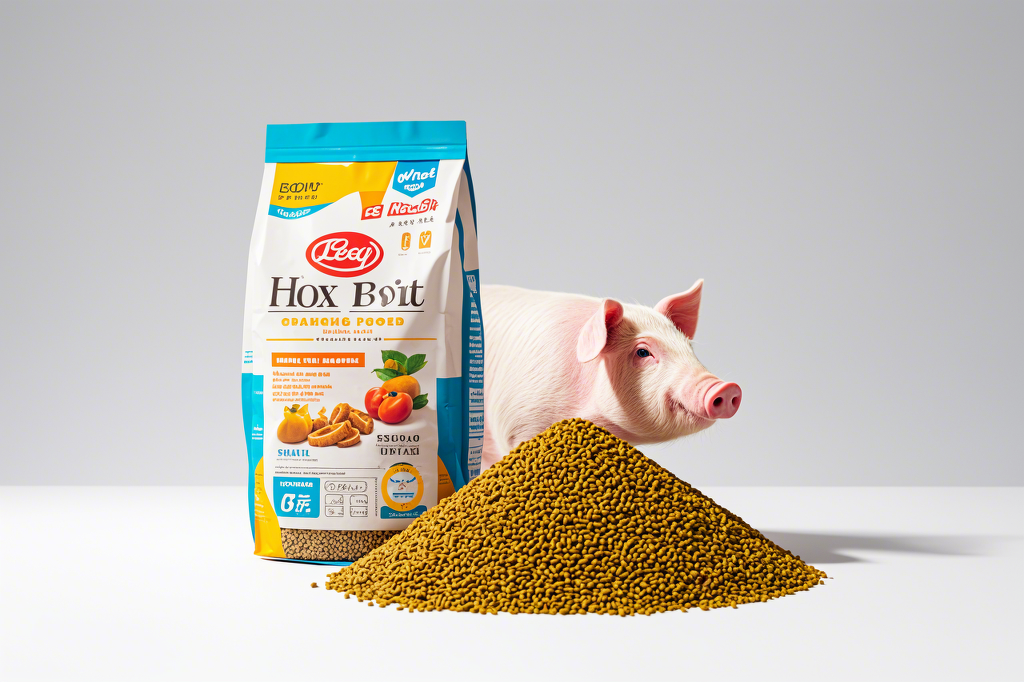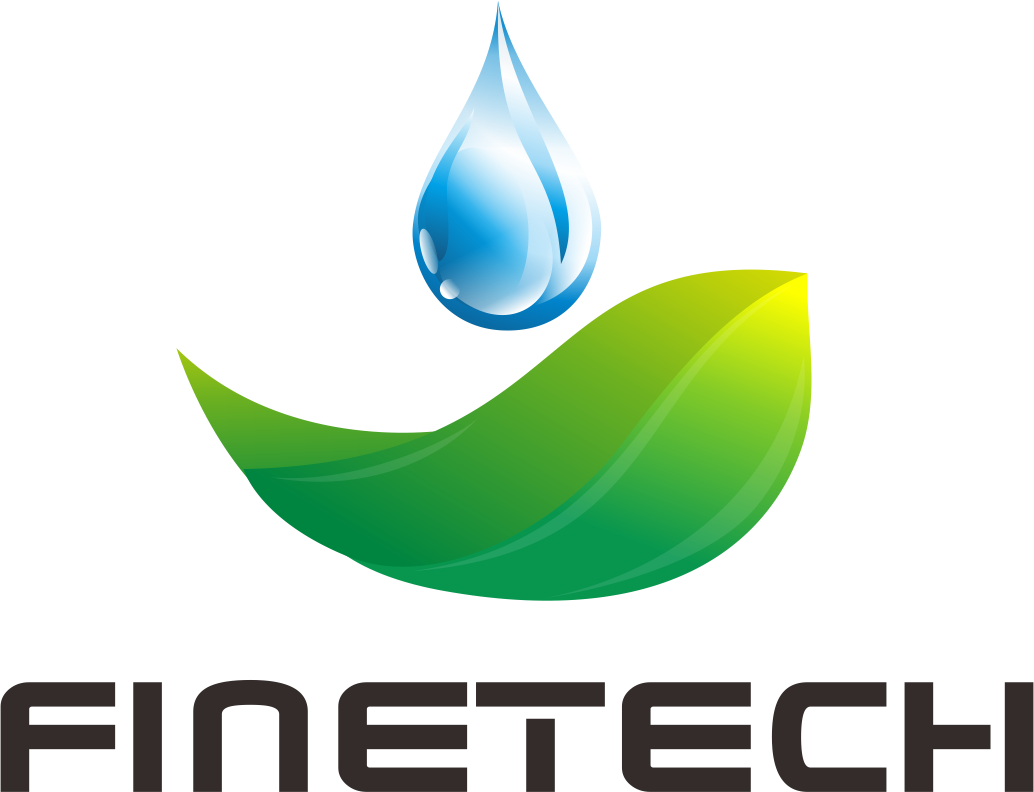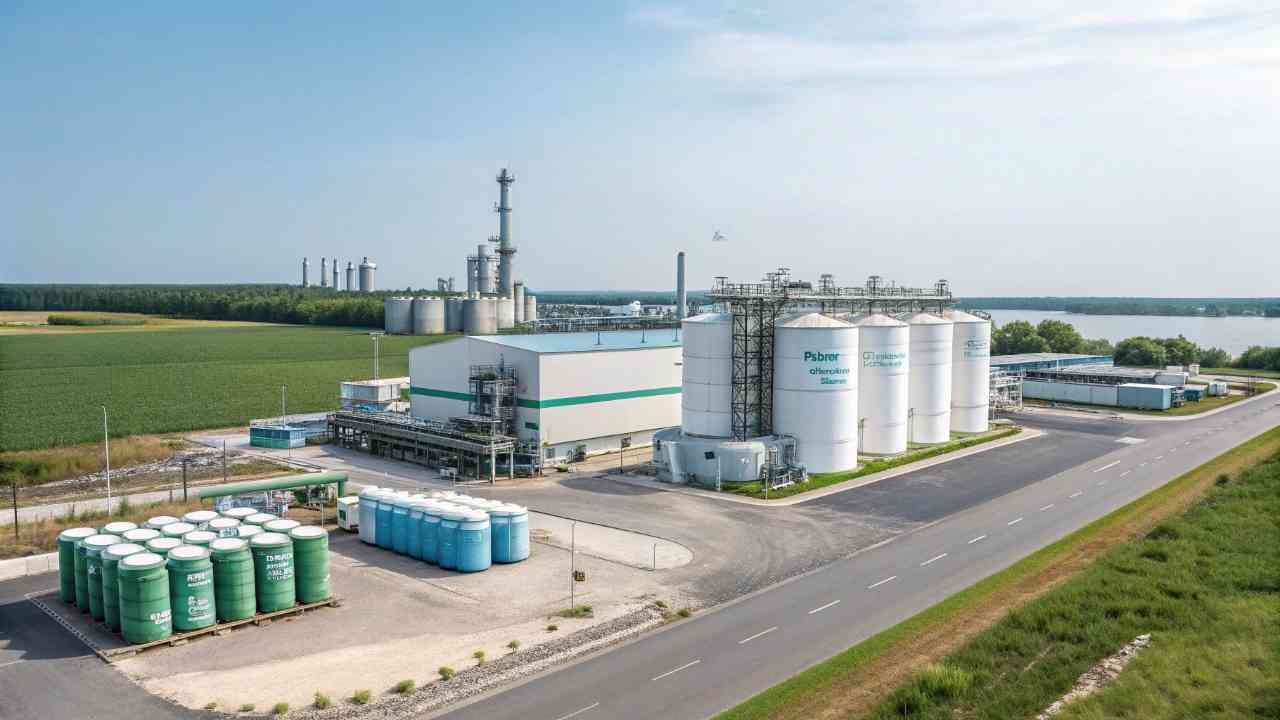L-Lysine HCL Feed Grade: Effects and Cost-Effectiveness
L-Lysine HCL (Hydrochloride) Feed Grade is an essential amino acid supplement commonly used in animal nutrition. It is known for its crucial role in enhancing growth, improving feed efficiency, and supporting overall animal health. This article provides a comprehensive analysis of the effects and cost-effectiveness of L-Lysine HCL Feed Grade, focusing on its benefits in livestock production.

What is L-Lysine HCL Feed Grade?
L-Lysine HCL is a crystalline, free-flowing form of the amino acid lysine, combined with hydrochloric acid to improve its stability and solubility. It is widely used in feed formulations for swine, poultry, and other livestock to meet their nutritional requirements.
The Role of L-Lysine in Animal Nutrition
Lysine is one of the most limiting amino acids in typical grain-based animal diets. It plays a critical role in:
– Protein Synthesis: Essential for the formation of muscle proteins.
– Growth and Development: Crucial for young and growing animals to achieve optimal growth rates.
– Immune Function: Enhances immune response, reducing the risk of diseases.
– Feed Conversion Efficiency: Improves the efficiency with which animals convert feed into body mass.
Effects of L-Lysine HCL Feed Grade
- Enhanced Growth Performance
– Swine: Supplementing pig diets with L-Lysine HCL has been shown to significantly improve average daily gain (ADG) and feed conversion ratio (FCR), leading to faster growth rates and more efficient feed utilization.
– Poultry: Broilers and layers benefit from improved growth performance and egg production when lysine levels are optimized.
- Improved Feed Efficiency
– L-Lysine HCL helps in optimizing the amino acid profile of the diet, ensuring that other amino acids are used more efficiently, thereby reducing overall feed costs.
– Enhanced nitrogen retention in the body reduces nitrogen excretion, leading to more environmentally friendly livestock production.
- Better Reproductive Performance
– Adequate lysine levels are crucial for reproductive health, improving litter size and quality in swine and egg production in poultry.
- Health and Immunity
– Lysine supports the immune system by enhancing the production of antibodies and other immune cells, reducing the incidence of diseases and improving overall animal welfare.
Cost-Effectiveness of L-Lysine HCL Feed Grade
- Economic Benefits
– Feed Cost Reduction: By improving feed efficiency and growth rates, L-Lysine HCL reduces the overall cost of feed required to achieve desired production levels.
– Return on Investment: The initial cost of L-Lysine HCL supplementation is offset by the savings in feed costs and improved production performance, resulting in a favorable return on investment.
- Formulation Flexibility
– L-Lysine HCL allows for more flexibility in diet formulation, enabling nutritionists to balance amino acid levels precisely without over-formulating other expensive protein sources.
- Sustainability
– Improved nitrogen utilization reduces environmental impact by decreasing nitrogen excretion, contributing to more sustainable livestock farming practices.
Conclusion
L-Lysine HCL Feed Grade is an essential component in modern animal nutrition, providing significant benefits in terms of growth performance, feed efficiency, reproductive health, and immunity. Its cost-effectiveness is evident through reduced feed costs and improved overall production efficiency. By incorporating L-Lysine HCL into livestock diets, producers can achieve optimal animal performance while maintaining economic and environmental sustainability.



